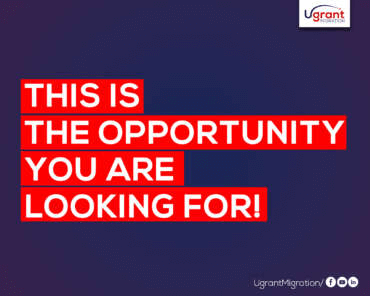
The Global Talent Stream for permanent residency visa applicants was formally introduced in November 2019. The Global Talent Program grew from the 5,000 available places from the year it was introduced to a whopping 15,000 in the year 2020-2021.
This visa pathway exists to attract highly skilled professionals and PhD Graduates who are distinguished internally in their respective industries.
The government has identified 10 major sectors through which the GTI visa program will be focused. These sectors are viewed as future-focused and are targeted to hold the spot for the major breakthroughs in these industries.
Since its launching, the Global Talent Visa Program has undergone a lot of changes to accommodate issues encountered as well as streamline the process of selecting the best candidates to qualify for the visa program.
Today, there are major changes that have been announced regarding the Global Talent Visa Program. As stated by the department, this list of specialisations is not exhaustive and is given to provide an indication of the sectors that are covered.
Each candidate is recommended to present achievements that are related to the specialisations articulated in the list.
Here is the list of sectors and the updated definition of specialisations covered in each sector:
Resources

Agri-food and AgTech
Energy
Health industries
Defence, Advanced Manufacturing and Space
Defence
Advanced manufacturing
Space

Circular economy
Digitech
Infrastructure and tourism
Infrastructure
Potential or ability to:
Tourism
Potential or ability to:
Financial Services and FinTech
Education
If you are interested in the Global Talent Independent Program, we would like to encourage you to avail our Free Assessment so that you will have a concrete idea on how your current portfolio will fare through the GTI visa process and what steps you can take to launch a successful GTI visa application.
